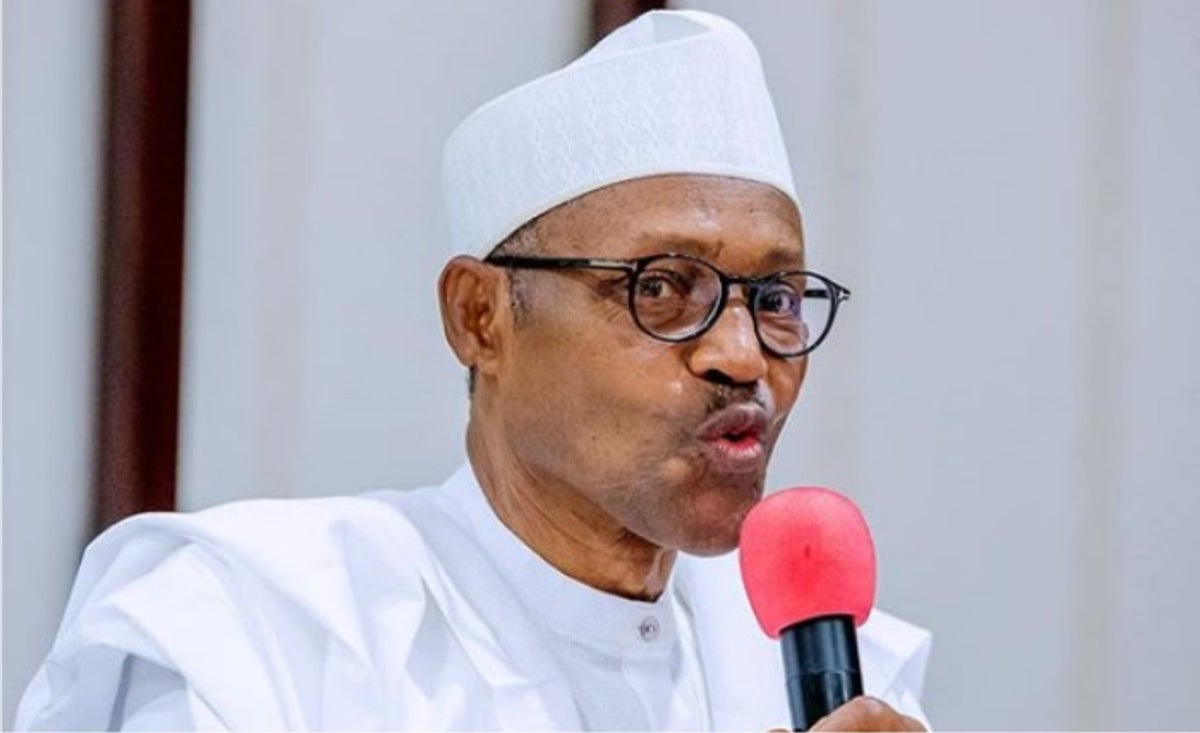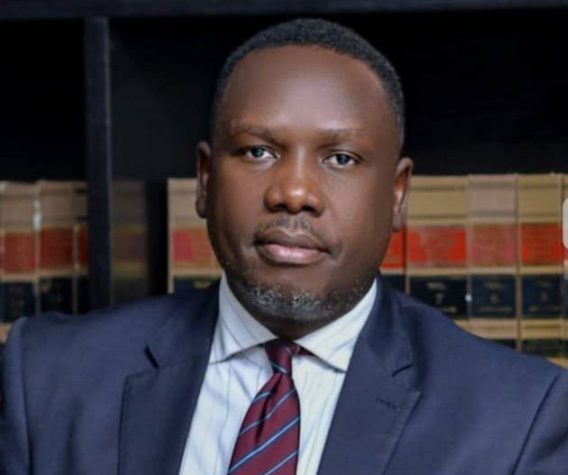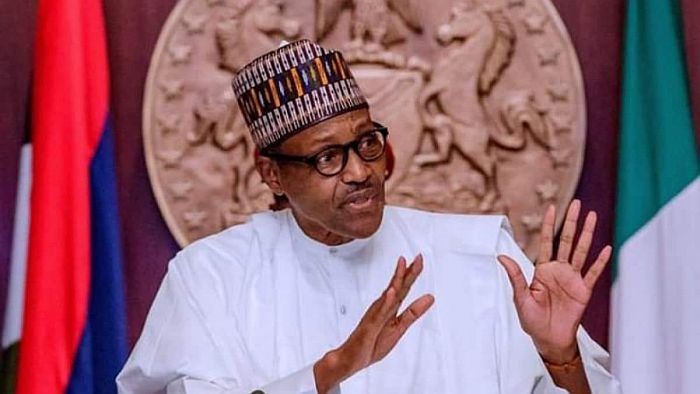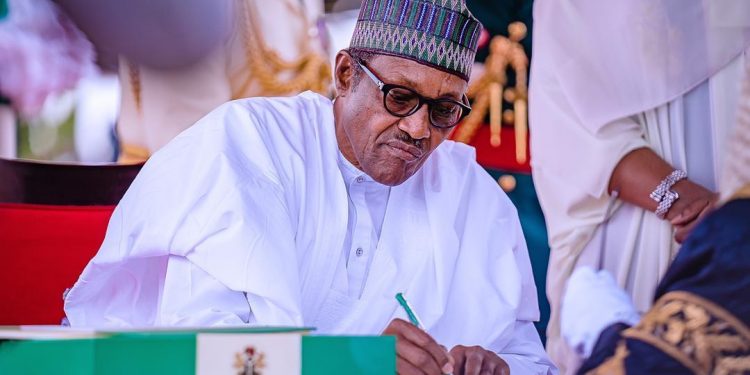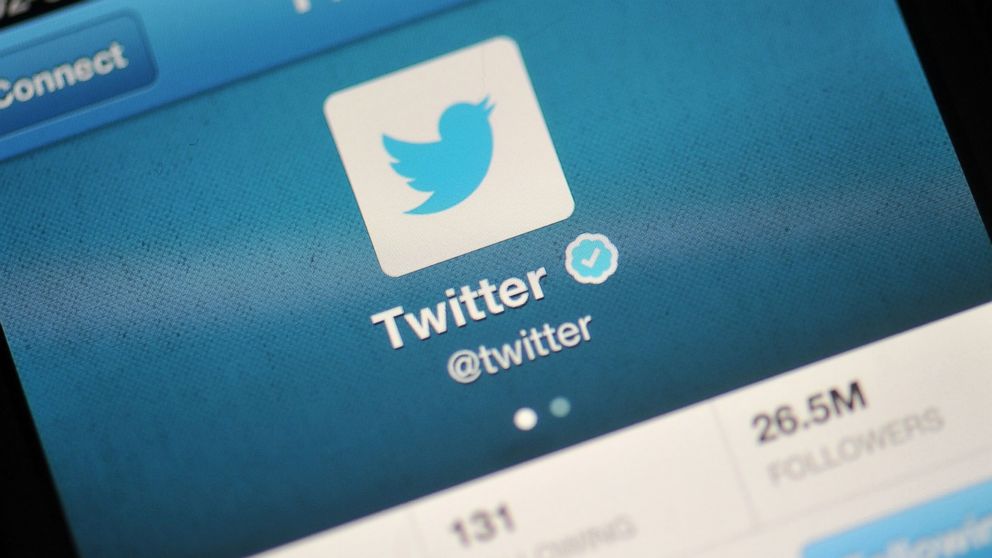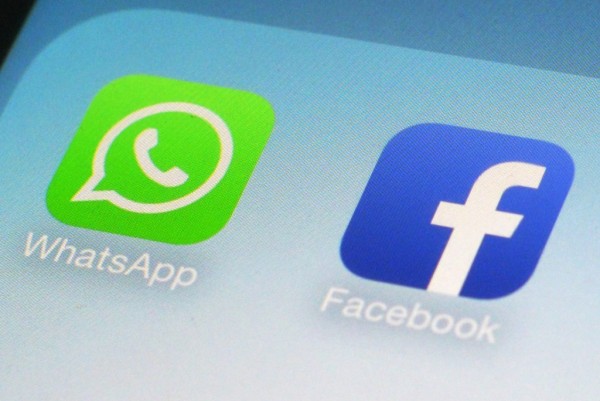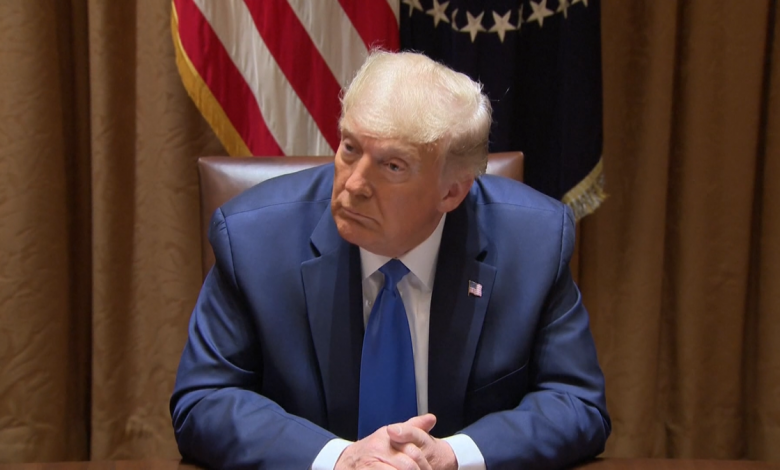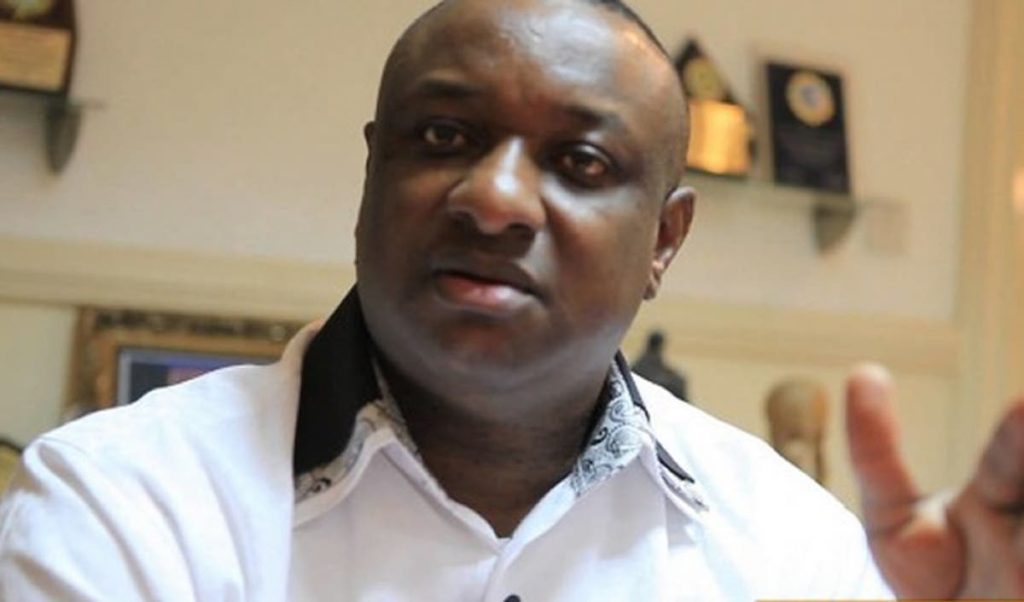Azu Ishiekwene
Something Nigeria’s Minister of Information and Culture, Lai Mohammed, said reminded me of British political journalist, Andrew Marr.
Journalism, Marr wrote in his book, My Trade, is a chaotic form of earning, ragged at the edges and full of snakes and con artists.
Last week, Mohammed, furious at Twitter’s decision to start its first Africa office in Ghana, decided it was time to level the ragged edges and crush the journalistic snakes and con artists in Nigeria by heaping on them the blame for Twitter’s decision. It was hard for him to swallow.
He called out journalists for portraying the country poorly and reminded them that if they had not been such bad boys, making a mountain of the #ENSARS molehill, among other professional crimes, Twitter’s Africa office might be sitting in Lagos or Abuja today.
In his former life as spokesperson of the opposition and member of the Action Congress of Nigeria, one of the legacy parties of the ruling All Progressives Congress (APC), Mohammed had journalists on his speed dial. In press statement after press statement, he pointed out the shortcomings of the government of the day and his views got generous play.
He knew, for example, where all the dead bodies of President Goodluck Jonathan’s government were buried and was pleased to enlist journalists in exhuming them. Even President Umaru Musa Yar’Adua before Jonathan did not escape Mohammed’s fierce criticisms and constant mockery.
That was until his party got into government and the government appointed him to office and public office brought its own misery, as it unfailingly does.
The current storm over Twitter’s siting is not Mohammed’s first run-in with controversy since his appointment. And somehow, Ghana never manages to escape the crosshairs.
Four years ago, when the minister was answering questions on CNN on who makes tastier jollof rice, he answered Senegal, under the mistaken impression that he was being asked the origin of the African staple.
Before he could get a grip on things the debate had assumed a subregional dimension, with sparks flying from Banjul to Accra and drawing in Nigeria’s Vice President, Yemi Osinbajo, and even Facebook’s Mark Zuckerberg. Last year, also, Mohammed took the battle to Ghana during a flare-up over bilateral and consular issues.
The bugle has sounded again. Of all the transgressions that Mohammed may justifiably accuse journalists of, responsibility for Jack Dorsey’s decision to locate Twitter’s first Africa office in Ghana instead of Nigeria is the unkindest cut: it treats the symptom rather than the disease.
To be sure, journalists have caused quite a few miseries for the country. They were largely responsible for painting Jonathan as an incompetent leader who allowed a few influential members of his cabinet, especially the women, to twist him around their little fingers. They were responsible for giving the APC, then in opposition, a soft pass, equating effective, competent government with a change of party guards.
Journalists helped, in no small way, to bring President Muhammadu Buhari to power and a number of them have publicly regretted it. What the minister is obviously saying is that journalists having played a role in helping to install Buhari, are failing to govern for him. It’s the equivalent of the conjugal parable that the one who brings the mat and the partner must finish the job by supplying the libido.
That’s the only logic that justifies blaming journalists’ portrayal of the country for the long list of businesses that have either passed us by or the scores that have simply packed up and relocated.
And it’s a very long list, believe me. Before Twitter happened, Google, which has a regular office in Lagos, Nigeria, chose Accra for its very first Artificial Intelligence research lab in Africa. The reasons, according to a CNBC report, were “Ghana’s political stability and high educational standards.”
Before that, Facebook set up its first African hub in Johannesburg, South Africa, in July 2015, when Buhari was still looking for Mohammed’s address and those of other persons to make his ministerial list. Other companies such as Berec Batteries, Exide Batteries, Tate and Lyle, Michelin, Fan Milk, and Shoprite, to mention a few, have either relocated wholly or substantially at the different times and for reasons other than those given by Mohammed.
According to the Manufacturers Association of Nigeria, 38 major textile companies closed down businesses in Nigeria between 1999 and 2009. In one of the more recent astonishing shut-downs, Procter & Gamble shut down its $300m plant in South west Ogun State, one year after the plant was opened in 2017, “due to high cost of importing raw materials and unfriendly government regulations.”
Also, between 2009 and 2019, the oil majors – Shell, ExxonMobil, Chevron, ENI and Total, have sold about 45 percent of their onshore assets valued at about $10billion mostly to local interest groups in deals that have left a number of commercial banks dangerously exposed.
Meanwhile, investors who still have appetite for oil and gas are looking at new, promising destinations on the continent, such as Angola, Namibia, Senegal, Mauritania, Mozambique, Algeria and Egypt. South Africa, on its part, is aggressively developing its shale gas.
No serious investor needs Mohammed’s grouse book because a good number of them have been operating in the country long enough. They know beyond anyone’s portrayal or window-dressing what the problems are, firsthand: insecurity, poor infrastructure and poorly trained labour pool, policy flip-flops and an obese, corrupt bureaucracy.
Mohammed insists, however, that but for the negative portrayal of the press and their #ENSARS cousins, we might be in a much better place today, even though Dorsey was clear that Twitter chose Ghana because of that country’s firm support for free speech, online freedom and open Internet.
The minister can continue to hug his fantasy, but the facts show that the country needs to do a whole lot better to compete. Nigeria, Africa’s largest economy, is not among the continent’s top 20 preferred destinations in World Bank’s 2020 report on the Ease of Doing Business.
Kenya, which is Number 4 on the list, has one of the most chaotic and unforgiving journalism practices on the continent. Much the same can be said for South Africa, which is ranked sixth, and Ghana, our nemesis, which is ranked 17th.
It may be hard for Mohammed to swallow, but to aid digestion, I would like to remind him of one of the great press statements he wrote in his collection, Witness to history, entitled, “Obama’s planned visit to Ghana wake-up call for Nigeria”.
In one of the most controversial US presidential visits to West Africa, former President Barack Obama, had snubbed Nigeria and, instead, decided to visit Ghana. In a press statement issued on May 24, 2009, Mohammed, then the National Publicity Secretary of the opposition Action Congress, admonished President Yar’Adua’s government to regard Obama’s snub as a “wake-up call”.
“The message should be clear to our leaders,” Mohammed said, “that it is not your population, the size of your territory, your endowment in mineral resources or your claim to being a giant that the world is interested in. It is good governance, purposeful leadership arising from free and fair elections, zero-tolerance for corruption and the continuous strengthening of democracy.”
The point couldn’t be more eloquently made. In deciding to set up in Ghana and not in Nigeria, Twitter culled Mohammed’s own speech from his former life. If he would only patiently read it again, he might just see that the snakes and con artists he so desperately wants to destroy are also occasional martyrs of journalism.
And in case Mohammed was not looking, only on Tuesday, April 20, Amazon announced plans to set up a R4billlion ($279.8m) headquarters in Cape Town, South Africa, an investment which, according to Businesstech, will create 5,239 direct and 19,000 indirect jobs. This is more than Buhari’s government’s microphone chewing has created in years.
The real problem, Mr. Minister, is the man in the mirror.
Ishiekwene is the Editor-In-Chief of LEADERSHIP

